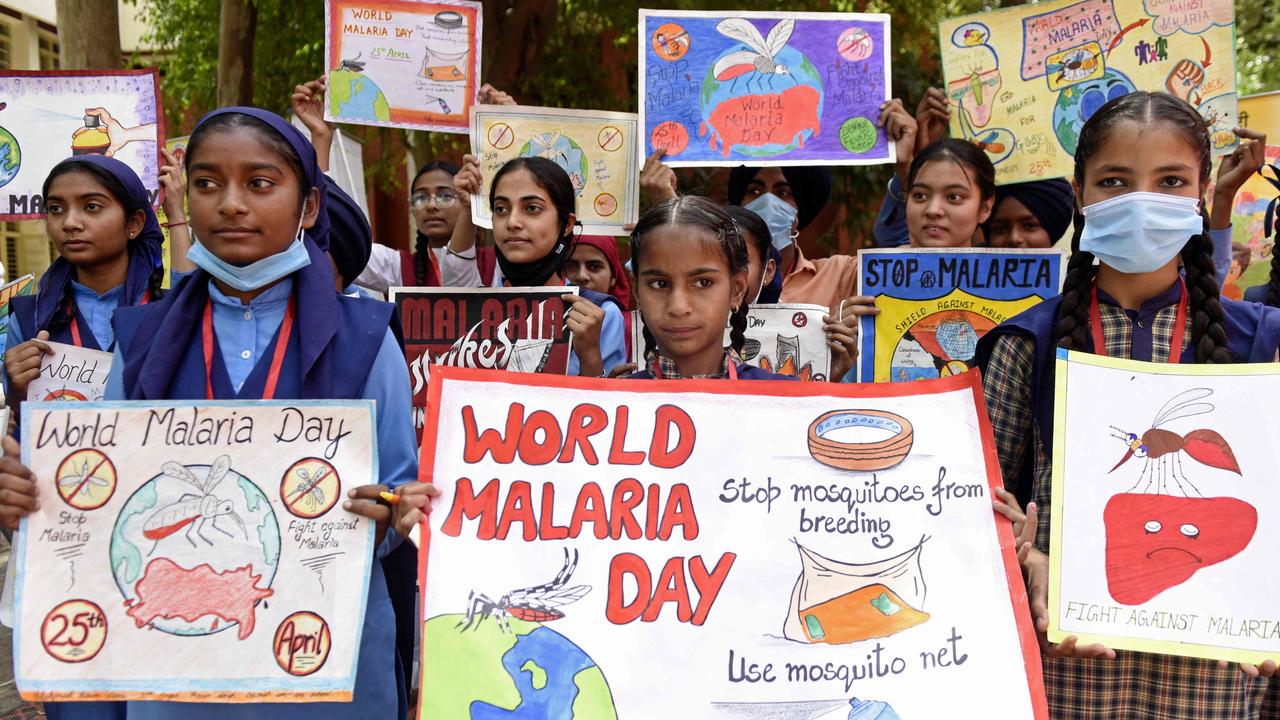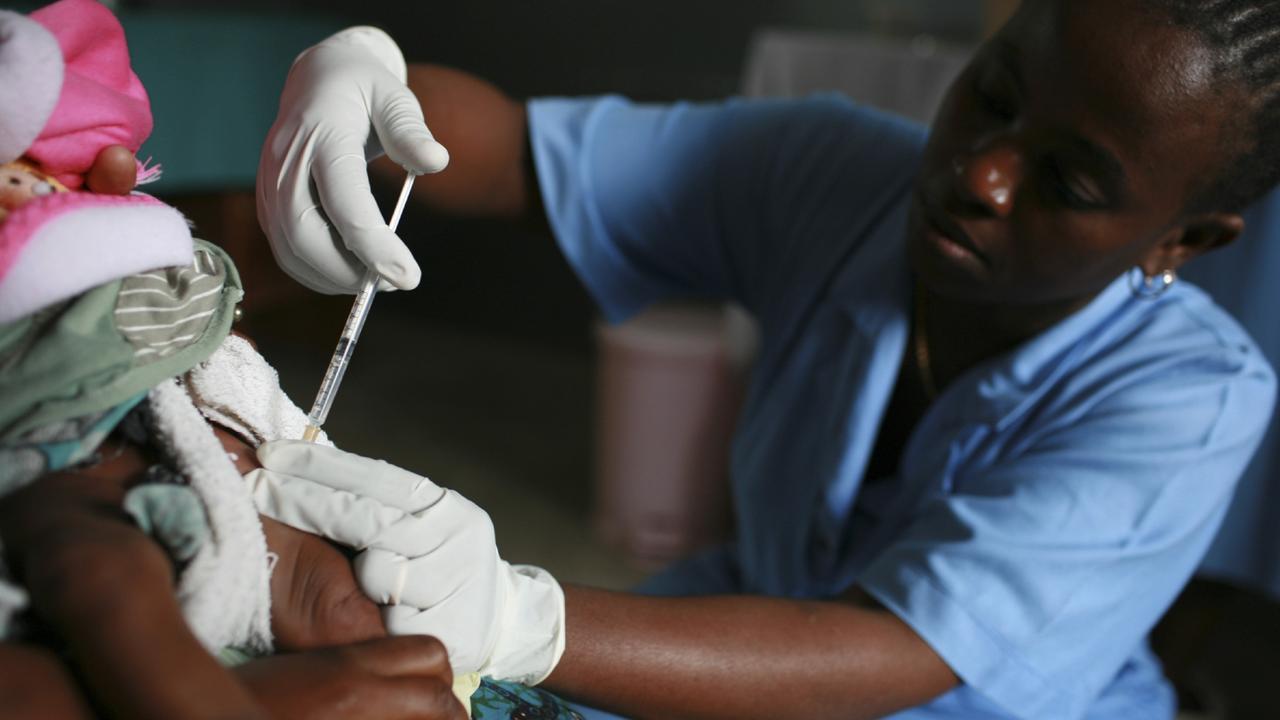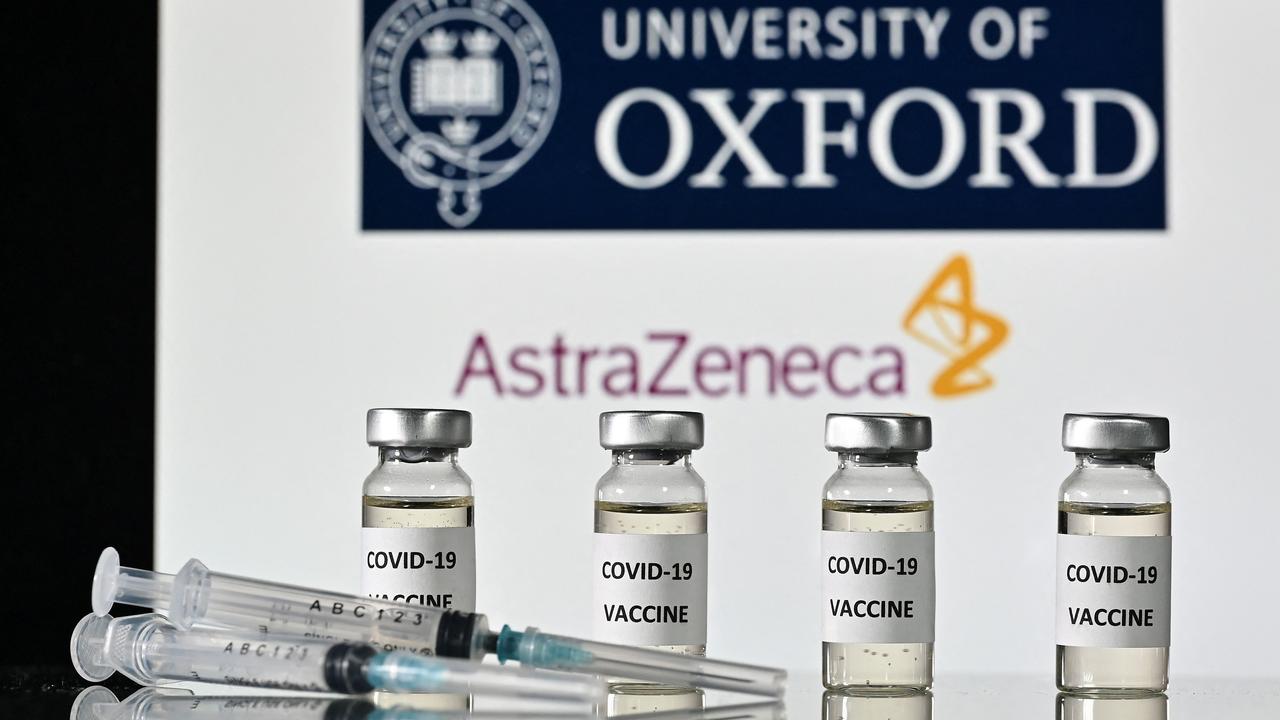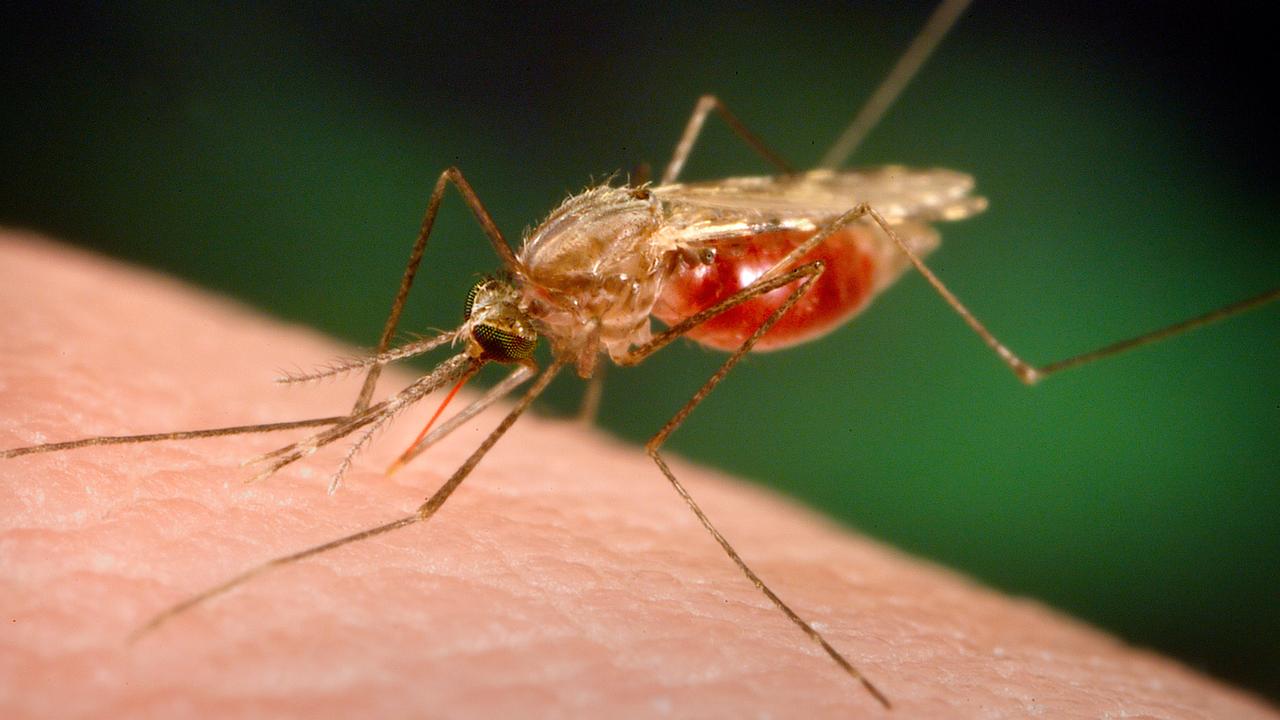Scientists behind Oxford Covid jab now beat malaria
The scientists behind the Oxford coronavirus vaccine have now come up with a vaccine to fight malaria which claims the life of a young child every minute

READING LEVEL: RED
One of the world’s most deadly and enduring* public health challenges appears to have been cracked by scientists behind the Oxford coronavirus jab.
Malaria kills a young child every minute, most of them African. A century after research into the disease began, trials have shown a vaccine produced by the Jenner Institute to be the most effective weapon developed against it.
The breakthrough is a bigger achievement than the Covid-19 vaccine.
“This was by far a much more difficult vaccine to make work,” said Jenner Institute director Adrian Hill during a visit to field trials of the R21/Matrix-M malaria jab in northern Tanzania. Creating the Oxford AstraZeneca vaccine was a brief diversion* in Professor Hill’s decades-long effort to find one to prevent malaria.
“This is what it has all been leading up to,” said Professor Hill, 63.
“Researchers have been at this since 1908. We are finally – nearly – at the finish line.”

Earlier trials in west Africa found R21 offered an unprecedented* 77 per cent rate of protection. A final, large-scale assessment, involving 4800 children in four African countries, is so far just as encouraging.
Professor Hill’s professional course was set by a 1980s stint as a clinical fellow* in Gambia, where he found rows of unconscious children with malaria for whom he could do very little. “They would come in and die in front of you,” the scientist said.

The world’s first and second licences for malaria vaccines are expected next year, both developed in Britain: R21 and the RTS,S jab which the British pharmaceutical giant GlaxoSmithKline began work on in 1987.
Licences for vaccines are granted by health authorities after experts examine data from trials and also look at manufacturing and quality controls, and how the vaccines will be safely supplied and distributed.
When the pandemic struck in 2020, the Oxford team’s focus switched from the malaria vaccine to developing a Covid-19 vaccine. It had spent three years planning with the Serum Institute of India, one of the world’s biggest vaccine manufacturers, how they might get the R21 malaria vaccine to millions of children in Africa each year.

That momentum, with exceptional results of the jab’s early trials, spurred both teams “to really go for Covid”, Professor Hill said.
The logistic* speed and scale to produce almost two billion doses of the Covid vaccine was unprecedented.
Malaria is a much harder target for a vaccine than Covid. The parasite has spent millennia* evolving* and working out how to evade human immune systems.
Yet, while a Covid-free world looks difficult, eradicating* malaria is achievable. The first year of the Covid pandemic saw malaria deaths in Africa rise to the highest in a decade as resources were diverted.

This story was originally published by The Times.
GLOSSARY
- enduring: lasting over time
- diversion: change of direction
- unprecedented: never done or known before
- clinical fellow: a medical doctor who has completed their general studies and is now training in a special area of health
- logistic: to do with an organisation and planning
- millennia: thousands of years
- evolving: developing gradually
- eradicating: destroying completely, bringing to an end
EXTRA READING
Aussie vaccine a step closer to erasing malaria
Building designer mozzies to do good not harm
WHO names coronavirus Covid-19
How does the coronavirus vaccine work?
QUICK QUIZ
- How often does malaria kill a young child?
- Which Covid-19 vaccine did this team produce?
- What is the name of their malaria vaccine?
- How many children from how many African countries were involved in the final trials of the malaria vaccine?
- What did Professor Hill see in the 1980s that made him decide to work on a malaria vaccine?
LISTEN TO THIS STORY
CLASSROOM ACTIVITIES
1. What is malaria?
Research to find out more about malaria and write a short paragraph to summarise what you discover. You could include:
- the symptoms
- how it is spread
- who is impacted by it
- the likelihood of recovery
- treatments and preventive measures
Time: allow 30 minutes to complete this activity
Curriculum Links: English; Science
2. Extension
The trade-off for focusing attention on creating a Covid-19 vaccine is that resources were diverted away from working on malaria vaccines. Do you think this was the right decision? Explain your reasoning in detail.
Time: allow 20 minutes to complete this activity
Curriculum Links: English; Ethical Understanding
VCOP ACTIVITY
I spy nouns
Nouns are places, names (of people and objects), and time (months or days of the week).
How many nouns can you find in the article?
Can you sort them into places, names and time?
Pick three nouns and add an adjective (describing word) to the nouns.

